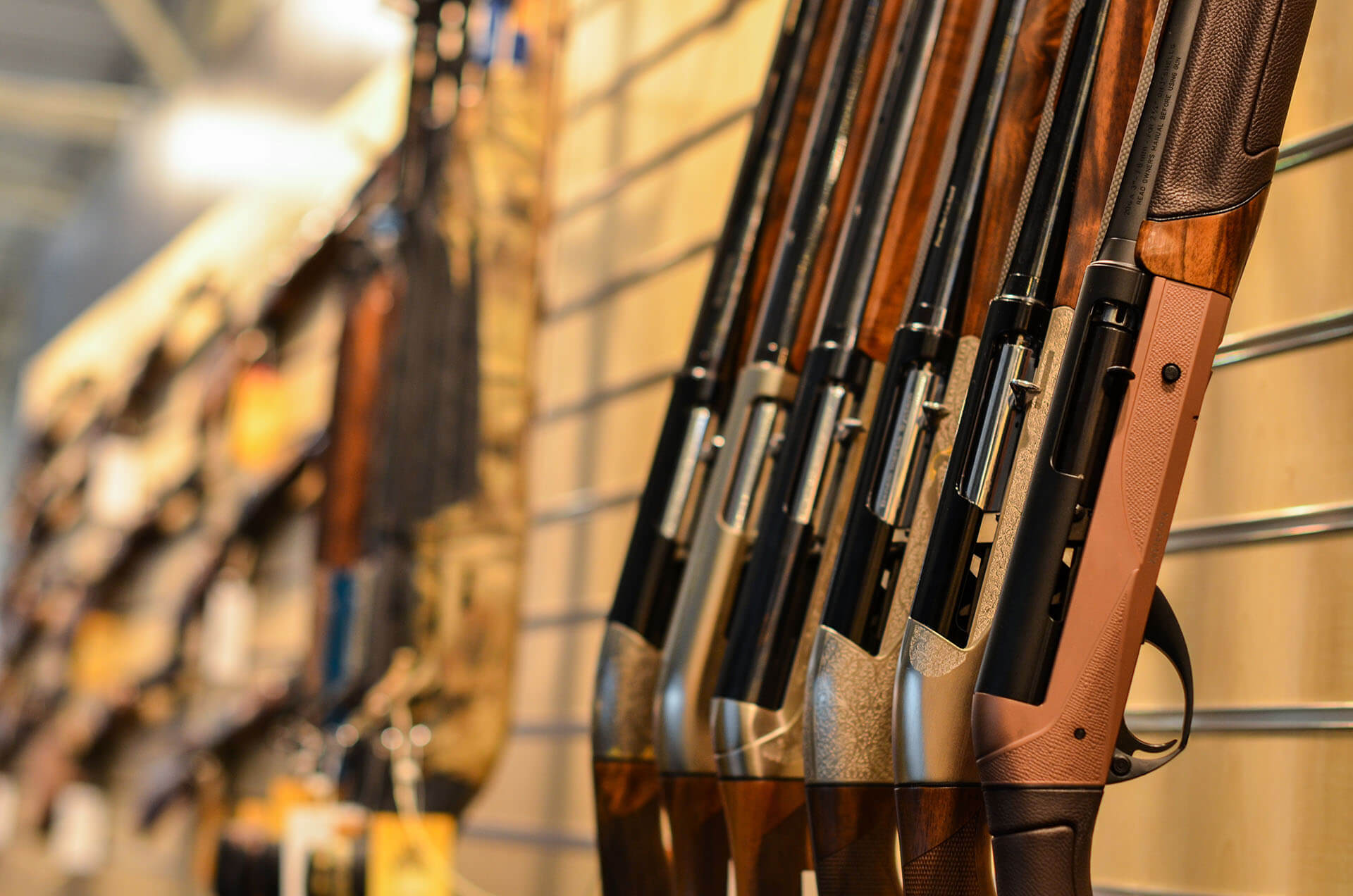Businesses For Sale Charleston Sc – When you look at something marked as “for sale,” you’re not only seeing an item; you’re seeing the possibility of a change, whether it’s the beginning of a new ownership, the end of a relationship with an object, or simply the result of a decision to move forward. For those on the outside looking in, the idea of acquiring an existing business might seem both enticing and overwhelming. Conversely, periods of economic growth may lead to more businesses being sold due to increased valuations and higher demand. The ability to share knowledge, ideas, and resources has empowered individuals in ways that were previously unimaginable. People often feel like they are for sale, too, in various ways. Similarly, in relationships, individuals may feel as though they are selling themselves, presenting their best qualities and hoping for the best outcome. For many, purchasing second-hand goods is not only a practical and affordable choice but also an environmentally conscious one. A well-made frying pan or a durable pair of boots might not have the cachet of a designer handbag, but their value lies in their functionality and reliability. For those who enjoy the tactile experience of shopping and the sense of discovery that comes with it, thrift stores offer a personal and immersive way to shop for second-hand items. Quality goods stand in stark contrast to this cycle. People place their belongings for sale for many reasons. Electronics are another category of second-hand goods that have seen a rise in popularity. Historically, many products were made by local craftsmen, and there was a direct relationship between the creator and the consumer. It is only through diligent research that a buyer can truly determine whether the business is worth the asking price. Success after the acquisition depends on a variety of factors, such as effective leadership, market conditions, and the buyer’s ability to make improvements and capitalize on growth opportunities. The second-hand market is not just about saving money; it’s about embracing a more sustainable, mindful way of consuming that values reuse, repurposing, and the stories behind the items we choose to keep. The growing appeal of second-hand goods is also tied to a growing awareness of environmental issues. Manufacturing new items requires energy, raw materials, and natural resources, all of which contribute to environmental degradation. Many sellers of second-hand electronics offer refurbished items, which have been inspected, repaired, and restored to a like-new condition. The internet, for example, has created a space where anyone can buy or sell almost anything, from physical products to intangible services.

South Carolina Businesses For Sale DealStream
Franchise opportunitiesvalue your businessbuy a business1m+ users

Businesses for Sale Commercial Property and Investment Opportunities
Franchise opportunitiesvalue your businessbuy a business1m+ users

Where to Find Small Businesses For Sale YouTube
Franchise opportunitiesvalue your businessbuy a business1m+ users

Charleston Businesses For Sale Charleston Business Brokers
Franchise opportunitiesvalue your businessbuy a business1m+ users

Finding a Business for Sale Peak Business Valuation
Franchise opportunitiesvalue your businessbuy a business1m+ users

Charleston Businesses For Sale Charleston Business Brokers
Franchise opportunitiesvalue your businessbuy a business1m+ users

1330 Tidal Creek Cv, Charleston, SC 29412 Zillow
Franchise opportunitiesvalue your businessbuy a business1m+ users

CAROLINA LAUNDRY Updated December 2024 5646 Rivers Ave, N
Franchise opportunitiesvalue your businessbuy a business1m+ users

East Battery mansion in Charleston on the market for nearly 7 million
Franchise opportunitiesvalue your businessbuy a business1m+ users

Charleston Businesses For Sale Charleston Business Brokers
Franchise opportunitiesvalue your businessbuy a business1m+ users
If the buyer is satisfied with the findings, the next step is usually negotiation. For the buyer, acquiring such a piece may carry with it the honor of preserving a legacy, or the satisfaction of adding a unique, timeless item to their own collection. It’s a moment of transition, and as with all transitions, it brings with it both excitement and uncertainty. The idea of “buying quality” is not just a luxury; it’s a mindset that encourages consumers to think beyond the momentary gratification of cheap purchases and focus instead on long-term value and satisfaction. The concept of a circular economy, where products are reused and repurposed instead of discarded, is central to the appeal of second-hand goods. This connection between consumers and the creators of quality goods is something that’s been fostered for centuries. For many people, there is something uniquely satisfying about sifting through racks of clothes, rummaging through bins of books, or browsing shelves of home goods in search of that perfect item. This has made it easier for people to find items that might have otherwise been out of reach, whether it’s a rare collectible, an antique, or a product from another country. In the realm of real estate, for instance, selling a house is often an emotional and logistical challenge. For those who are passionate about antiques, art, and memorabilia, the second-hand market offers endless possibilities for finding unique and valuable items that can be passed down through generations or added to a collection. These platforms have also made it easier for individuals to sell their own pre-owned goods, turning unused or unwanted items into cash. This shift from a linear economy, where products are made, used, and disposed of, to a circular one, where products are continually reused and repurposed, is a step towards a more sustainable and environmentally friendly world. A home, a car, a piece of jewelry, a moment in time, a relationship — all of these things, at some point, become commodities. After the sale is complete, the buyer assumes responsibility for the business and takes control of its day-to-day operations. Additionally, there is the challenge of integrating the business into their existing operations and ensuring that it continues to thrive under new ownership. For example, an old wooden chair might be sanded down and refinished into a modern piece of furniture, or a vintage dress might be altered to fit a contemporary style. A blacksmith might craft a sword, a tailor might stitch a suit, and a potter might mold a vase. When someone buys a second-hand item, whether it’s a piece of furniture passed down through generations or a retro jacket from a bygone era, they are not just acquiring an object; they are connecting to a story, a memory, or a cultural moment. In a world dominated by fast fashion, disposable electronics, and mass-produced items, many people are beginning to question the value of constantly purchasing new products. The role of business brokers and intermediaries has become increasingly important in today’s business-for-sale market.
When people buy second-hand items, they are extending the life cycle of those goods, which means fewer products end up in the trash. Online platforms also offer the convenience of searching for specific items, whether it’s a rare collector’s item, a particular brand of clothing, or a piece of furniture that fits a specific design style. When consumers buy these goods, they are investing in both the product and the people behind it. This desire for items with character and a story behind them has contributed to the growing appeal of second-hand goods. The world of second-hand shopping has also made quality goods more accessible. But in reality, even the most profound relationships can be commodified in some way. In this broader sense, the concept of “for sale” is not just about the exchange of goods; it’s a driving force in the global economy, influencing how people live, work, and interact with the world around them. A new smartphone, for example, can cost hundreds of dollars, but buying a used one can cut the price down by more than half. We are all participants in a vast, interconnected economy, one that doesn’t just involve physical goods but extends to ideas, relationships, and even identities. Millennials and Gen Z, in particular, have embraced the idea of second-hand shopping as a way to challenge consumerism, reduce waste, and express their individuality. When someone buys a second-hand item, whether it’s a piece of furniture passed down through generations or a retro jacket from a bygone era, they are not just acquiring an object; they are connecting to a story, a memory, or a cultural moment. For people looking to furnish their homes, build a wardrobe, or invest in certain hobbies or collections, second-hand goods often provide a way to access items they might otherwise be unable to afford. Both buyers and sellers should approach transactions with honesty and transparency to ensure a smooth exchange. Some goods, like a fine Swiss watch, carry decades or even centuries of tradition, built on a reputation of precision and excellence. It is subjective, shaped by cultural norms, individual preferences, and the evolving standards of various industries. When we begin to view everything through the lens of commerce, it’s easy to lose sight of the things that make life worth living — the moments that aren’t for sale, the experiences that can’t be bought. But the price of quality goods can often be a barrier for many. A high-quality winter coat, for example, will keep you warm and dry through years of cold weather, offering comfort and protection that a cheaper, mass-produced coat cannot match. The growing appeal of second-hand goods is also tied to a growing awareness of environmental issues. Some need the money, some want to declutter, and others might feel the urge to let go of possessions as they enter new phases in their lives.